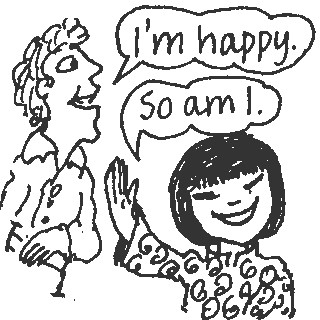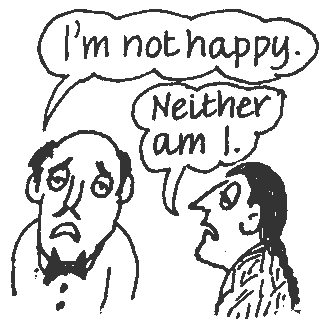Weather Report and Tables/Graphs
Weather Report
The text is a weather report or weather forecast
in spoken form. A weather report is a prediction of weather.
Weather report usually find in a newspaper, on the
radio or television.
The weather is predicted through application of
the principles of physics and meteorologi.
Expressions used in a weather report :
ØA high of twenty degrees.
ØA low of -25.
Ø20 percent chance of
snow.
ØMainly sunny.
ØSunny with cloudy periods.
Ørecord high/low.
ØAbove/below average
temperatures.
ØA few flurries.
Ø5-day forecast.
ØTemperatures are going to
drop/dip/plunge (go down quickly).
ØTemperatures are going to
rise/soar/climb (go up quickly).
ØA warm/cold front is moving
in (air from another region is arriving).
Name
Of Wether :
Sunny
Warm
Hot
Mild
Cold
Freezing
Cloudy
Foggy
Smoggy
Rainy
Wet
Dry
Windy
Snow
Thunder
Mist
Blizzard
Fog
Hurricane
Overcast
Breeze
Weather
report text :
Welcome
to the Five O’clock News. My name is Margaret. I’m going to give you the
three-day
weather forecast for Los Angeles.
The
weather is unusually wet today. Heavy rain and snow may cause serious flooding.
The
clouds are going to go away tomorrow. The day after tomorrow should be clear
and
sunny.
Table
and Graph
Table
Each table present facts and figures in compact form.
When we reading a table, there are several things that
we need to pay atention to. They are, the table title, row or column labels,
information given in individual cells and information given within rows and
columns.
example
table :
Graph
Graphs
is a visual, concise means of presenting information.
There
are three basic kinds of graphs, they are Bar graphs, Line Graphs, and circle
graphs or pie graphs.
Weather Report
Table
Graph












